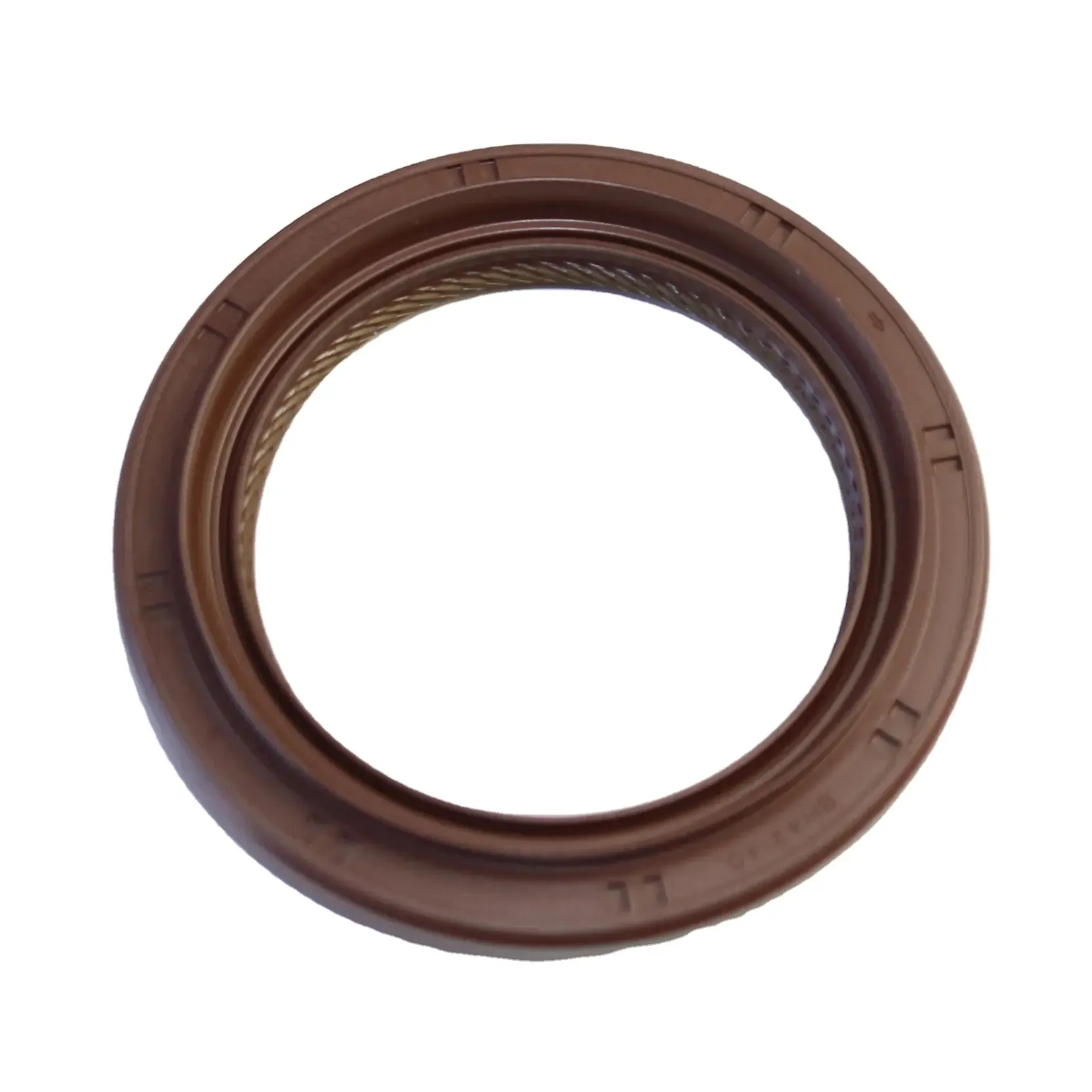hub axle seal
Understanding Hub Axle Seals Essential Components for Vehicle Performance
When it comes to vehicle maintenance, many components often get overlooked, yet they play a critical role in ensuring optimal performance and longevity. Among these components, the hub axle seal stands out as a crucial element in maintaining the integrity of a vehicle’s drivetrain. Understanding the function, importance, and maintenance of hub axle seals can help vehicle owners ensure that their vehicles operate smoothly and reliably.
What is a Hub Axle Seal?
A hub axle seal, often referred to simply as an axle seal, is a vital part of the axle assembly in vehicles, particularly in those with rear-wheel drive or all-wheel drive configurations. Located at the junction between the axle housing and the axle shaft, the seal serves to prevent the leakage of lubricating oil from the differential into the wheel hub or the outside environment. By ensuring that lubricant stays contained, the hub axle seal plays an essential part in reducing friction and wear on the axle components.
Function of Hub Axle Seals
The primary function of a hub axle seal is to prevent fluid loss and keep contaminants out. The lubricant within the axle plays a critical role in minimizing friction, enhancing performance, and preventing overheating. Without a functioning seal, oil can leak out, leading to inadequate lubrication and potential damage to the axle bearings and gears.
Additionally, the hub axle seal serves as a barrier against dirt, dust, and moisture, which can compromise the performance of the axle assembly
. Any contaminants entering through a worn or damaged seal can lead to corrosion, pitting, and ultimately the failure of crucial components, resulting in costly repairs.Signs of Hub Axle Seal Failure
Like any vehicle component, hub axle seals can wear out over time. Recognizing the signs of a failing seal is essential for preventing further damage. Common indicators include
hub axle seal

1. Fluid Leaks The most apparent sign of a failing hub axle seal is the presence of oil leaks beneath the vehicle. If you notice dark, oily patches on the ground where your vehicle is parked, it may be time to inspect the axle seals.
2. Unusual Noises A failing seal can lead to dry bearings, resulting in whining, grinding, or other unusual sounds emanating from the axle or differential.
3. Vibration If the axle is not properly lubricated due to a seal failure, it can cause vibrations during driving, particularly at higher speeds.
4. Warning Lights In some vehicles, a decrease in fluid levels might trigger warning lights on the dashboard, indicating a problem within the drivetrain.
Replacement and Maintenance
If you suspect that your hub axle seals may be failing, it’s important to address the issue promptly. Replacing a hub axle seal is generally a straightforward process, but it does require some mechanical knowledge and the appropriate tools. For those who are unfamiliar with vehicle maintenance, seeking professional assistance from a mechanic may be the best course of action.
Preventive maintenance can significantly extend the life of hub axle seals. Regularly checking fluid levels and inspecting for leaks can help catch problems before they escalate. Additionally, having the seals replaced as part of routine maintenance—especially if you are replacing other components in the axle assembly—can save time and money in the long run.
Conclusion
In conclusion, hub axle seals are a critical yet often overlooked component of vehicle maintenance. Their role in containing lubricants and keeping contaminants out cannot be understated. By being aware of the signs of seal failure and undertaking regular inspections and maintenance, vehicle owners can enhance the longevity and performance of their vehicles. Whether you're a seasoned mechanic or a casual driver, understanding the functions and importance of hub axle seals is essential for keeping your vehicle in top shape. Proper attention to this small but significant part can lead to smoother rides, reduced repair costs, and greater overall satisfaction with your vehicle's performance.
-
Understanding the Front Main Engine Seal: Purpose, Maintenance, and Installation
News Jul.29,2025
-
Understanding O-Rings and Seal Rings: Types, Applications, and Custom Solutions
News Jul.29,2025
-
Understanding Crankshaft Oil Seals: Rear Seals, Pulley Seals, and Their Role in Engine Integrity
News Jul.29,2025
-
The Importance of Front and Rear Crankshaft Seals in Engine Performance and Oil Management
News Jul.29,2025
-
Crank Oil Seals: Functions, Types, and Cost Considerations in Engine Maintenance
News Jul.29,2025
-
A Comprehensive Guide to O-Rings and Seals: Types, Materials, and Global Applications
News Jul.29,2025
-
Mastering Diesel and Performance Engine Maintenance: A Guide to Critical Oil Gaskets
News Jul.28,2025
Products categories















